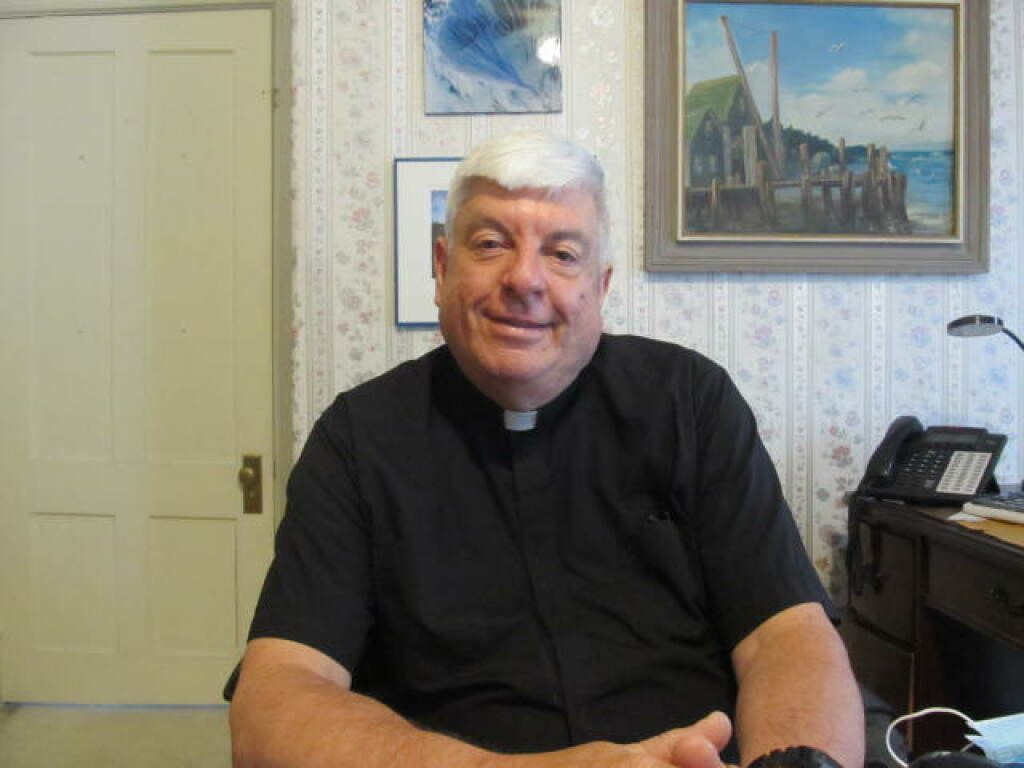 You Are the Potter, We Are the Clay
You Are the Potter, We Are the Clay
Hoping to find a few days’ work, a traveling portrait painter stopped in a small town. One of his first clients was a person with a dirty, unshaven face and bedraggled clothes, and his breath smelled of alcohol. Nonetheless, he sat for his portrait with all the dignity he could muster. After the artist had labored a little longer than usual, he lifted the painting from the easel and presented it to the man.
“That isn’t me,” the astonished man argued as he studied the smiling, well-dressed man in the portrait.
The artist, who had looked beneath the man’s exterior appearance and seen his inner beauty and created dignity, thoughtfully replied, “But it is the person you could yet become.”
At the end of our first reading, the ancient prophet Isaiah makes the statement that God is the potter, and that we are the clay, the work of God’s hands. The beauty of the image is that a potter works with a soft material, clay, and that, if it’s not turning out just right, with an adjustment of the pressure applied, the clay can still be reshaped before it hardens into the final product.
As we begin this Season of Advent, we are in the darkest time of the year. With the beautiful autumn leaves now at an end, our world is rather dull, with a lot of gray. It’s a perfect time for reflection and introspection.
The story of the portrait painter is a reminder that, like the artist, God can see how we can still grow, and who we can still become. Like a potter, God can gently refashion us, so that we become the work of art, the priceless, one-of-a-kind treasure that we are.
Isaiah is speaking at a time when the people of his generation had forgotten their Maker. Things were not going well for them. And so there is a powerful yearning in Isaiah’s words: “O that you would rend the heavens and come down”—O that you would tear things open and make our lives better. And there is a wish that Isaiah speaks for his people, a wish that is still timely, that still applies in our day: “Would that you might meet us doing right, that we were mindful of you in our ways!”
I believe we find here a good, healthy and worthwhile map for a fruitful Advent. At Christmas, God did tear things open, God did come down from the heavens. The eternal God came among us, as Isaiah had prayed. How will we respond to that ancient, but ever-new prayer: would that you might meet us doing right, that we are mindful of you in our ways! How might the world be different, how might we be different, if only we allowed God to paint our portrait, to reshape us, so that we might be all that we might yet still become?
You might also like
Father's Homilies




